The Guildhall School of Music and Drama has started doing short courses aimed at both at young people and adults interested in honing particular musical skills and, of course, the holiday period is ideal to encourage people to do so.
For the Easter holidays, there are courses for adults and for children. There is Conducting & Ensemble Direction, where over four days participants will get a thorough grounding in the physical technique of conducting and will conduct a variety of repertoire. For young people there is the Easter Music Course led by tutors from the Junior Guildhall where young instrumentalists playing any bowed string, wind, brass or percussion instruments will gain ensemble experience in a welcoming and supportive environment. More technical perhaps is the Essential Music Theory: Grade 5 which is being given both in children's and adult's versions, again five-day course. And Exploring Musicianship for Children and Parents is Saturday workshop for children and parents, based on popular Junior Guildhall Kindergarten music training programme.
There are also online courses, so that at Easter there is Mastering Aural Tests, whilst in the Summer there are Arranging & Reharmonisation for A Cappella (Ages 18+), led by by Guildhall School Vocal Arranging Professor James Rose who tours with the a cappella group Accent, plus Grade 6 Music Theory (Ages 18+) and Music Production in Logic Pro: Intermediate (Ages 18+).
And of course, the courses expand beyond music with drama courses, production arts and lots else.
Full details from the Guildhall School website.

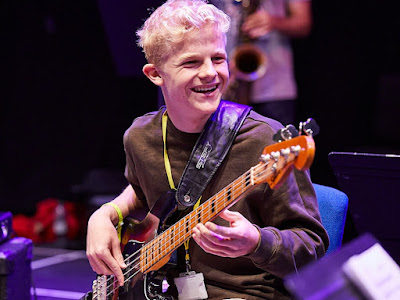
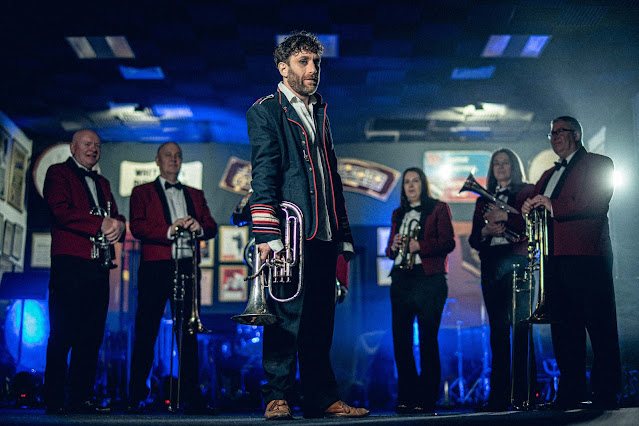
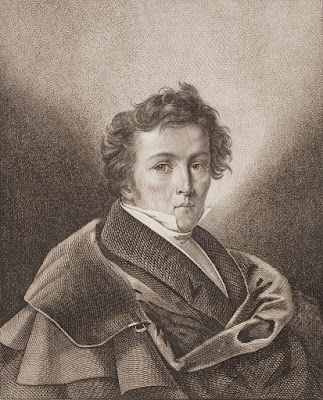

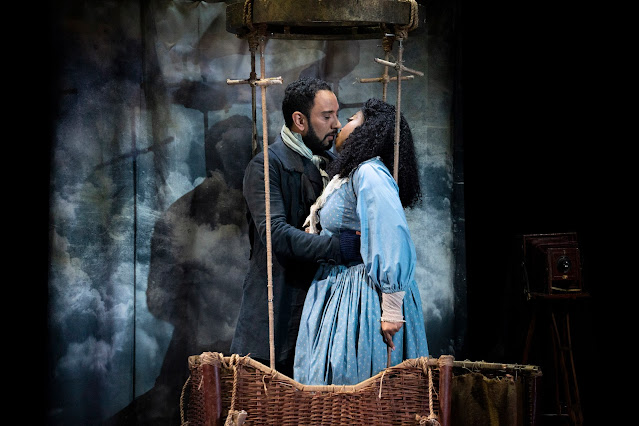
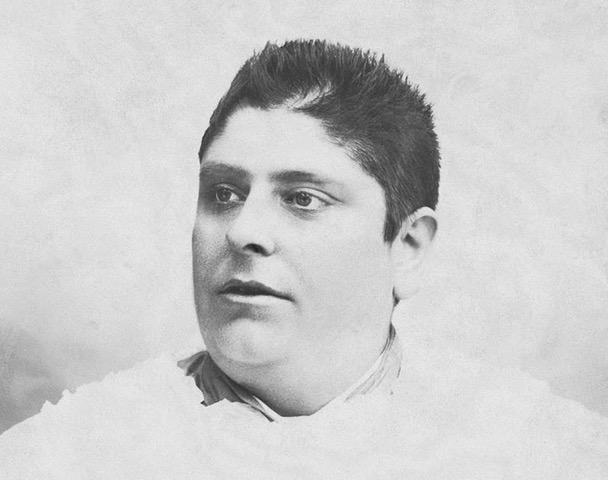



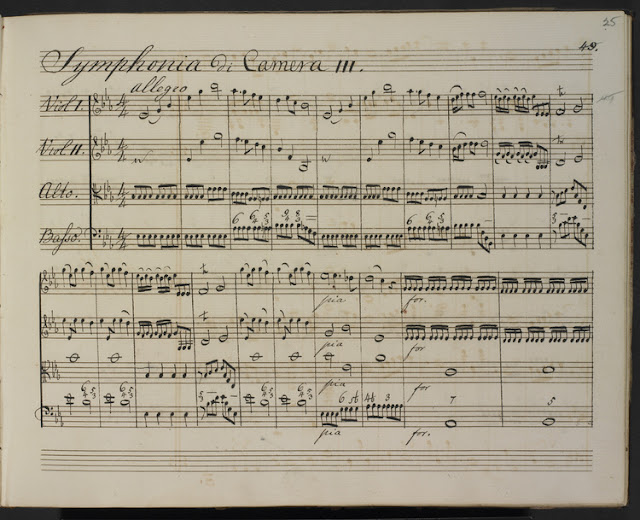
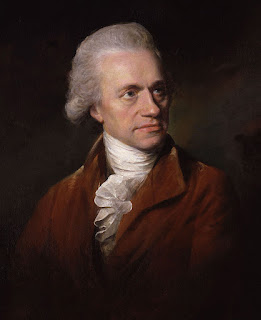
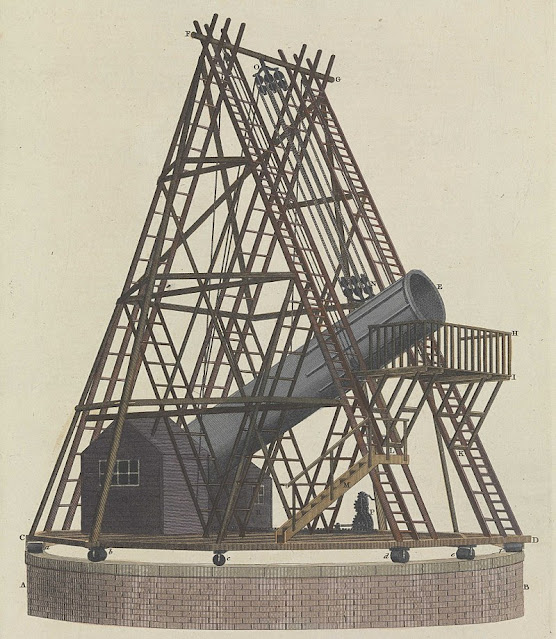

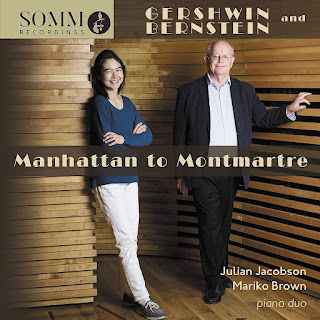

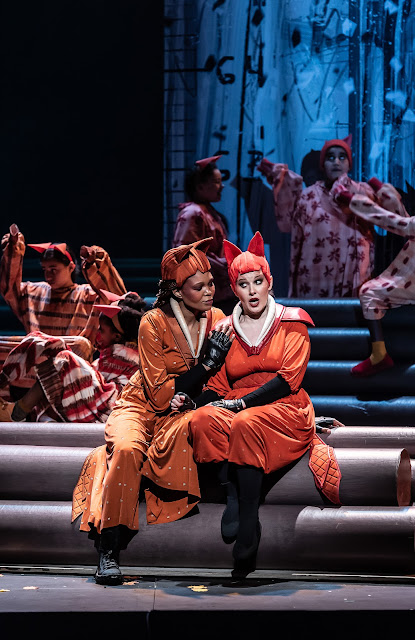

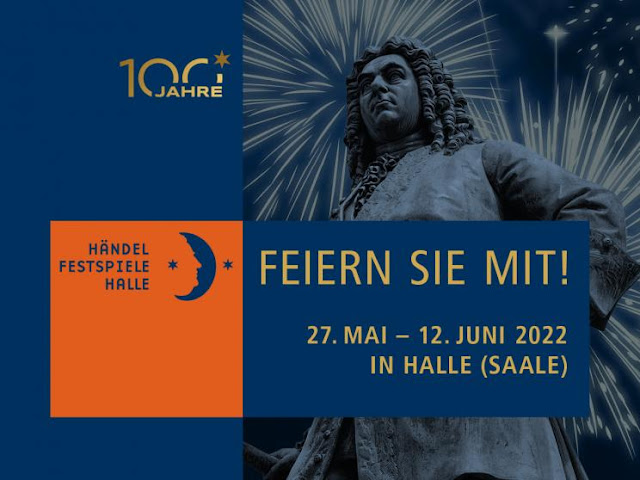
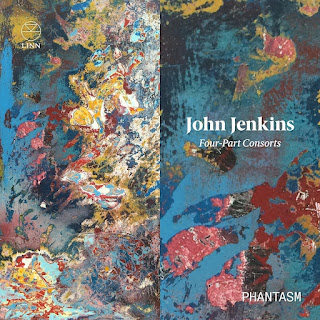
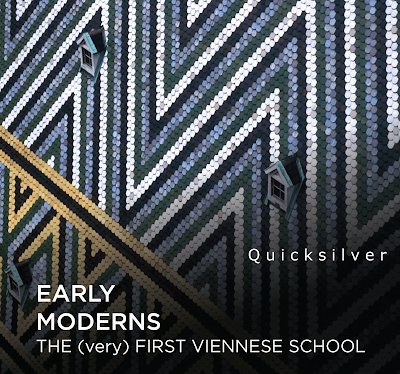
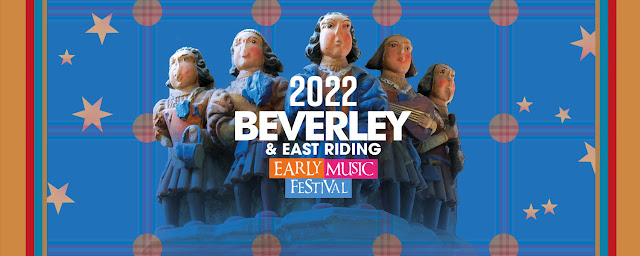
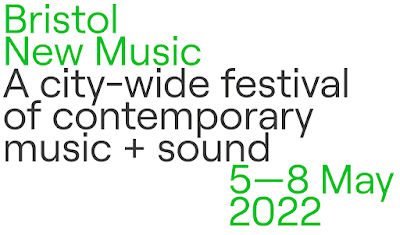


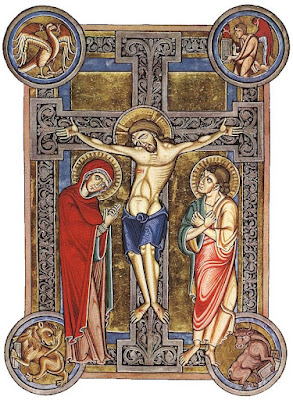

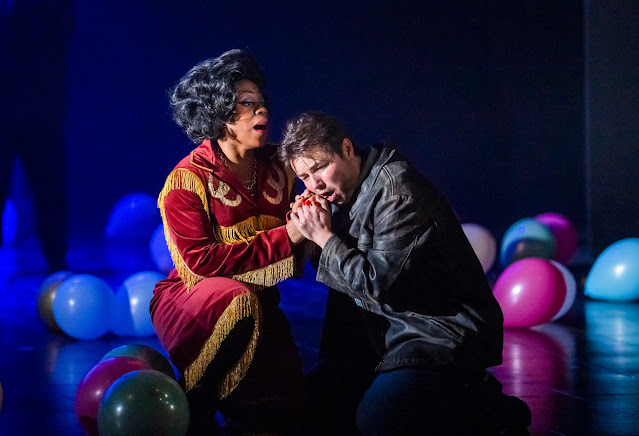
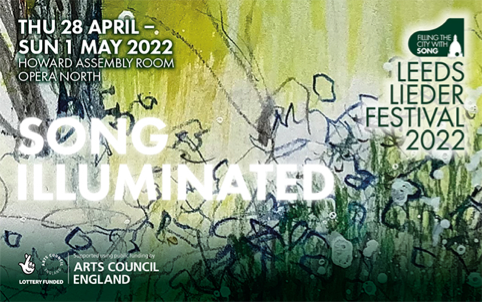

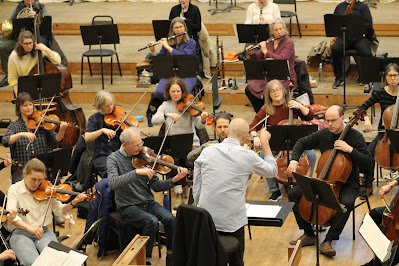
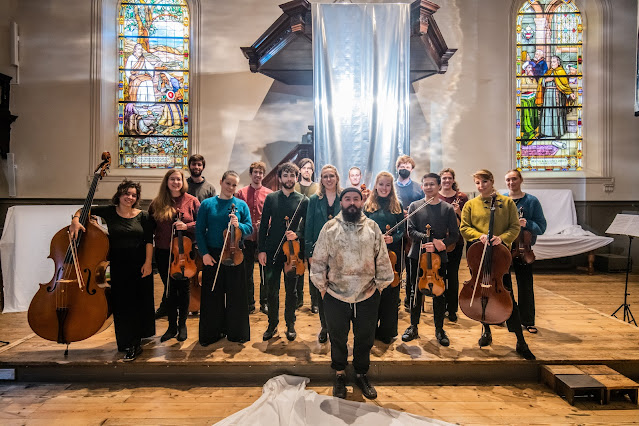

%20Ali%20Wright.jpg)

%20Ali%20Wright.jpg)





